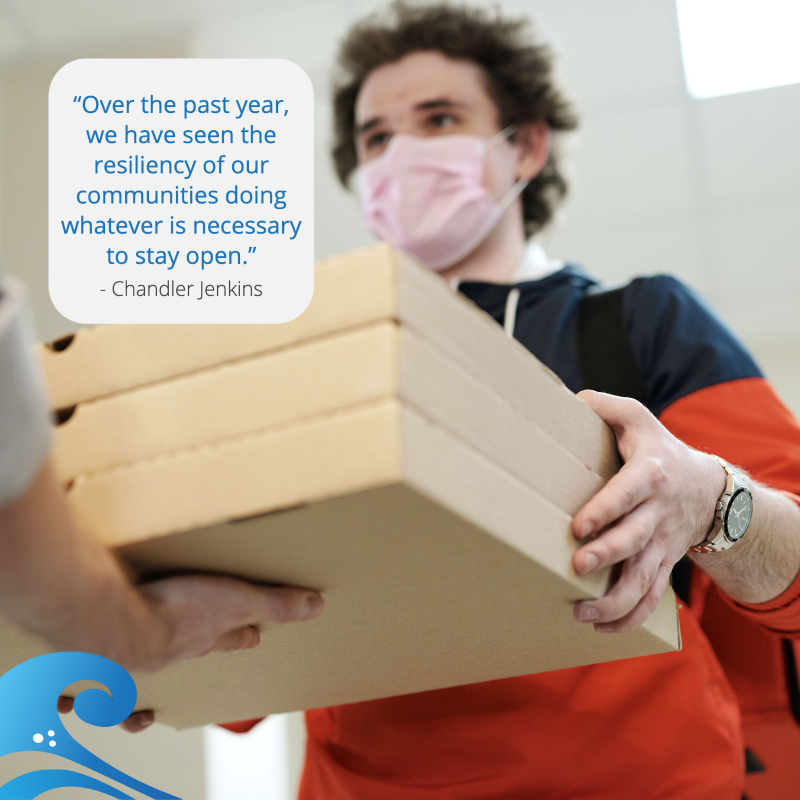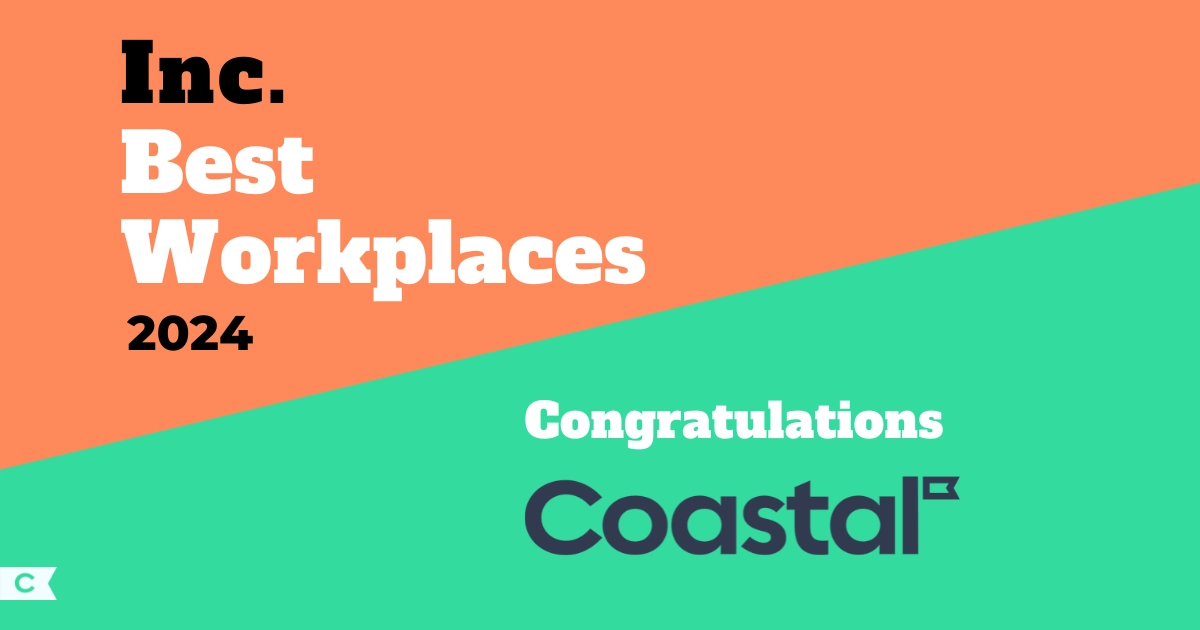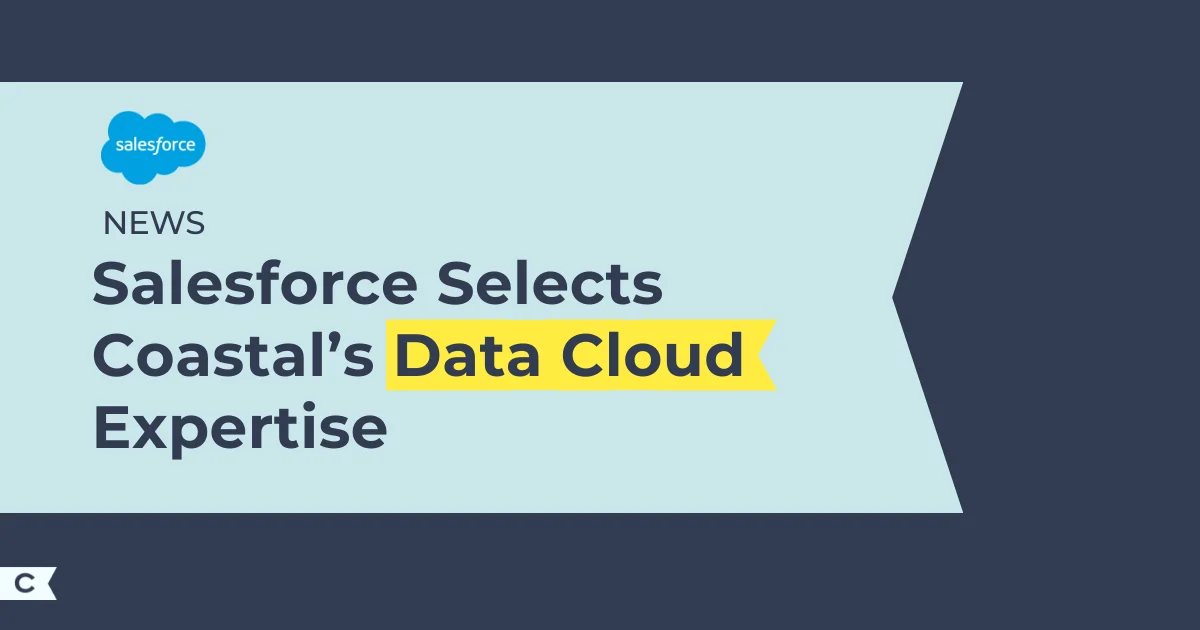We all know the impact that COVID-19 has had in the business community. Small mom and pop stores have closed, large retailers have cut hours for employees, and new construction and innovation was put on hold while the world tried to navigate a new normal, at least for the time being. Over the past year, we have seen the resiliency of our communities doing whatever is necessary to stay open. Restaurants moved to take out only, and when available, even built heated tents outside so they could seat customers in the cold winter months. Though never done before, retailers shifted to curbside service and delivery. Through the help of major delivery players like DoorDash and Instacart, they were able to keep serving their customers. These companies, these business owners, these people, did what they had to do and put everything on the line to make things work in these tough times.
As a Salesforce Consultant on the Public Sector team, I have spoken to many economic developers recently. I have found, as always, there are two sides to the economic development coin. Business Retention and Expansion (BRE) visits are certainly at the top of everyone’s list right now. As we begin to emerge from quarantine, the economic development world is taking a harder look than ever at their communities to find out what can be done to help their businesses. Economic developers are back to work outside of the office and seeing business owners face to face to find out how they are doing in this (near) post-COVID world. They are asking the right questions like, “How are you doing?,” “What do you need from us as an organization?,” “Are you looking for new employees?,” “Are you looking for new distributors?,” and most importantly, “How can we help?” These are questions that companies are happy to answer, knowing that help is on the way. Economic development agencies, along with workforce agencies, chambers of commerce and anyone else who can help, are out in the community doing what they can to make sure that businesses stay open and thrive once again.
But where does that leave the other side of the coin? Where are those true, economic developer “hunters” during this process? These people have gotten smarter and watched the companies that were able to stay open, and even grow, during the pandemic. Technology companies especially are being courted by economic developers all over the US to come to their community. Whether these technology companies are making a tangible product, or they are a software as a service (SAAS) organization, many of these companies did thrive during the pandemic, and have taken advantage of relocating or expanding into new communities who have offered incentives to bring them in. For communities to grow, and to get people back to work, communities are dependent on getting these new organizations in their area, so these “hunters” are playing just as important a role as those going out and visiting with the current companies in the community.
What Coastal Cloud recommends for both roles is to stay organized. You will have a lot of people wanting your time in the community. You may also be chasing down many leads. Spreadsheets, post-it notes and legacy knowledge is not an efficient method of organization. Find a system that allows you to track who you have and have yet to speak with, to help you stay organized. There are many communities counting on these organizations, and it is not time for people, nor their companies, to fall through the cracks. Speak to one of our expert today.
By: Chandler Jenkins
chandler.jenkins@ccstagingce.wpengine.com





